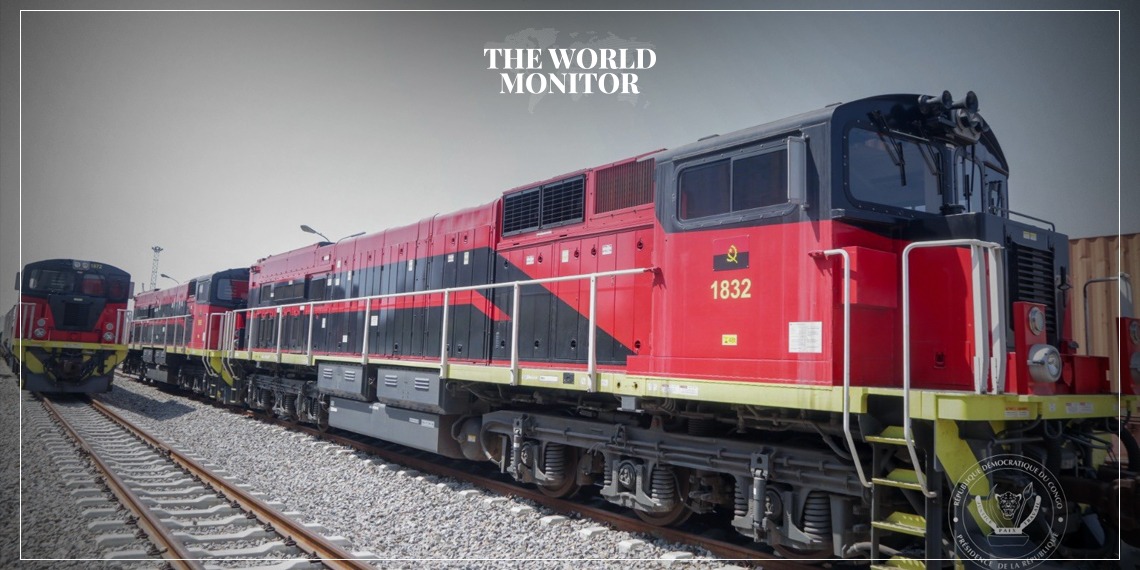The United States has pledged to provide further funding for the construction of the Lobito Corridor, a railway line to transport export minerals from the Copperbelt region in Central Africa, including a link to Zambia.
This railway project aims to strengthen the link between the mineral-rich Democratic Republic of Congo and Zambia to the Lobito port in Angola, enhancing export capabilities.
The Lobito Corridor initiative seeks to overcome the logistical challenges currently hindering the export of copper and cobalt from Southern Africa. These metals are crucial for energy production, especially as the world shifts away from fossil fuels. Hochstein, in a recent interview before an economic forum in Zambia, revealed that the US had pledged an initial investment of $250 million for the project’s first phase in Angola, with expectations to commit a similar amount for the second phase.
The initial phase involves upgrading the existing railway infrastructure in Angola, while the subsequent phase will include the construction of a new multi-billion-dollar railway line passing through Zambia and other nations. Hochstein expressed optimism about the project’s progress, anticipating significant transport volumes via the railway by mid-year, though specific figures were not disclosed.
At the opening of an economic forum, it was revealed that the US and its partners had also mobilized nearly $1 billion to extend the Lobito Corridor by developing an 800-kilometer new railway line to connect Zambia to the network. With the Africa Finance Corporation leading the private sector’s involvement in the project, the goal is to commence the project in 2026 and operationalize the railway line between Eastern Angola and Northwestern Zambia by 2028.
This strategic infrastructure development underscores the US’s commitment to enhancing Africa’s export capabilities and fostering sustainable energy solutions, marking a significant step forward in the continent’s economic and environmental progress.






